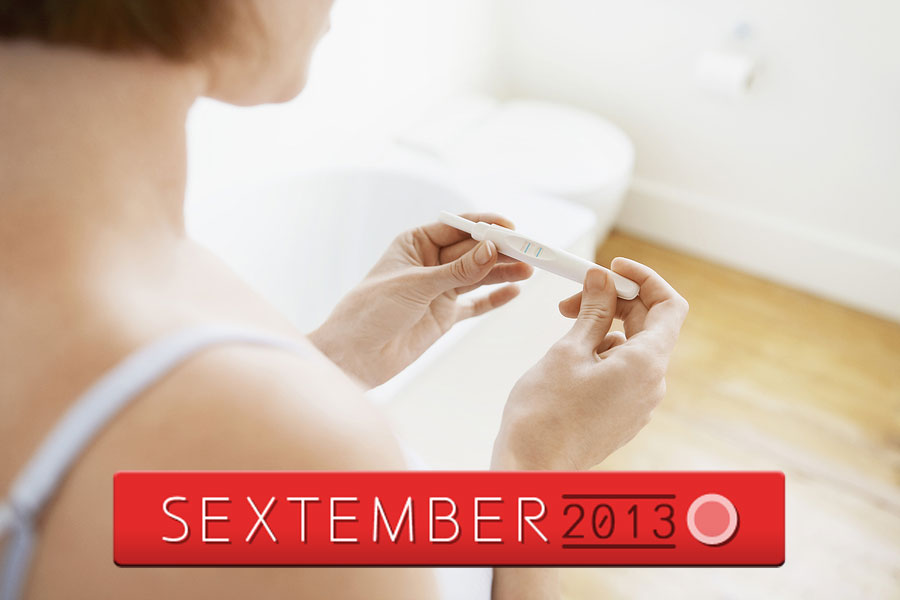SEXtember: I’m pregnant. Now what?
WHETHER it’s planned or unplanned, falling pregnant while studying in Australia can be a difficult time. Tracy Pham has some advice on how to be a happy and healthy expectant mother (or father).
Last year, The Australian reported on a Malaysian business student who was told to go home when she found out she was pregnant. As a non citizen, Claudia Gonzalez was denied access to public health services and hospitals.
Claudia was eventually allowed into a local public hospital, but she’s not alone. Every year, hundreds of international students fall pregnant in Australia only to realise they aren’t entitled to the same services as local students.
If you’re thinking of having a baby while studying, the most important thing to do is take out health insurance that includes pregnancy-related services. Hospital fees can cost anywhere between $7,000-$10,000 without insurance, so check before you sign on the dotted line. And remember, students aren’t covered for the first 12 months after they take out insurance.
1. Speak to a doctor
While it’s great to plan ahead, it’s likely that you or the person you know didn’t plan on falling pregnant. If you miss your period or take a positive home pregnancy test, the first step is to visit your local health centre.
If you don’t want to speak to your normal doctor, you can visit one of the Family Planning Victoria centres. They have a free, no appointment clinic for students or under-25s on Elizabeth Street. For $10, you have unlimited access to all their services for a year, including pregnancy tests, unplanned pregnancy choices counselling and abortion referral.
The centre is also great for the follow up health checks you’ll need if you decide to continue with your pregnancy.
2. Get some counselling
An unplanned pregnancy can be scary, so if you’re upset or worried about your situation, it’s a good idea to speak to someone. Pregnancy Birth & Baby, Pregnancy Counselling Australia or the Caroline Chisholm Society all provide free and confidential advice and support. The Royal Women’s Hospital also has an online guide on unplanned pregnancies.
Another great place to go for help and/or advice is your university.
The Student Wellbeing Advisory Services at RMIT University provides free counselling for international students. The Melbourne University Health Clinic provides fee-based health services and free counselling, while Monash University has a range of affordable and free health services.
One of the best things about going to a university counsellor is that they can also provide you with advice and information on the practical, financial and personal aspects of your pregnancy while continuing your studies.
It’s important to speak to a professional psychologist or counsellor before deciding how to proceed with your pregnancy. Take the time to consider your options and address your feelings. Abortion is legal in Victoria for pregnancies up to 24 weeks. Ask your doctor for a referral to an abortion clinic. Most private health insurance cover some of the cost of an abortion, but always check first.
3. Take care of your health
Student life is hectic enough without having to worry for two. The Royal Women’s Hospital has nutrition fact sheets for expectant mother that recommend avoiding packaged food with excessive sugar and salt and including more milk, ghee, rice, wheat, buttermilk, fresh vegetables and fruits in your diet.
The website also has advice on all aspects of pregnancy from taking care of yourself in the early stages to what vitamins to take and exercises to do. Spending time with a variety of other people and their kids is a good way to take the fear out of that upcoming birth.
It’s important for the new mum to pamper herself, too. Something as simple as a new haircut, a massage or a manicure can give you a fresh look and help you feel great. Practising meditation during pregnancy also helps to reduce stress.
4. And the rest
Remember to let your program director(s) know that you are pregnant as soon as possible so that appropriate arrangements can be put in place to enable you to best manage your pregnancy together with the demands of your academic studies, coursework assignments and any examinations you may have.
As for visa concerns, giving birth to a baby in Australia will not jeopardise your student visa. If you have financial sponsors you should inform them of your circumstances and agree to an appropriate plan of action.
When your baby is born, they will not be entitled to Australian citizenship unless one parent is an Australian citizen or permanent resident, but they will be on the same temporary visa as you.
And finally, if you decide to return home for the birth of your baby, you should note that most airlines will refuse to carry pregnant passengers after the 28th week of pregnancy.
For more information on safe sex and contraceptives, check out our article on safe sex apps for Sextember.

